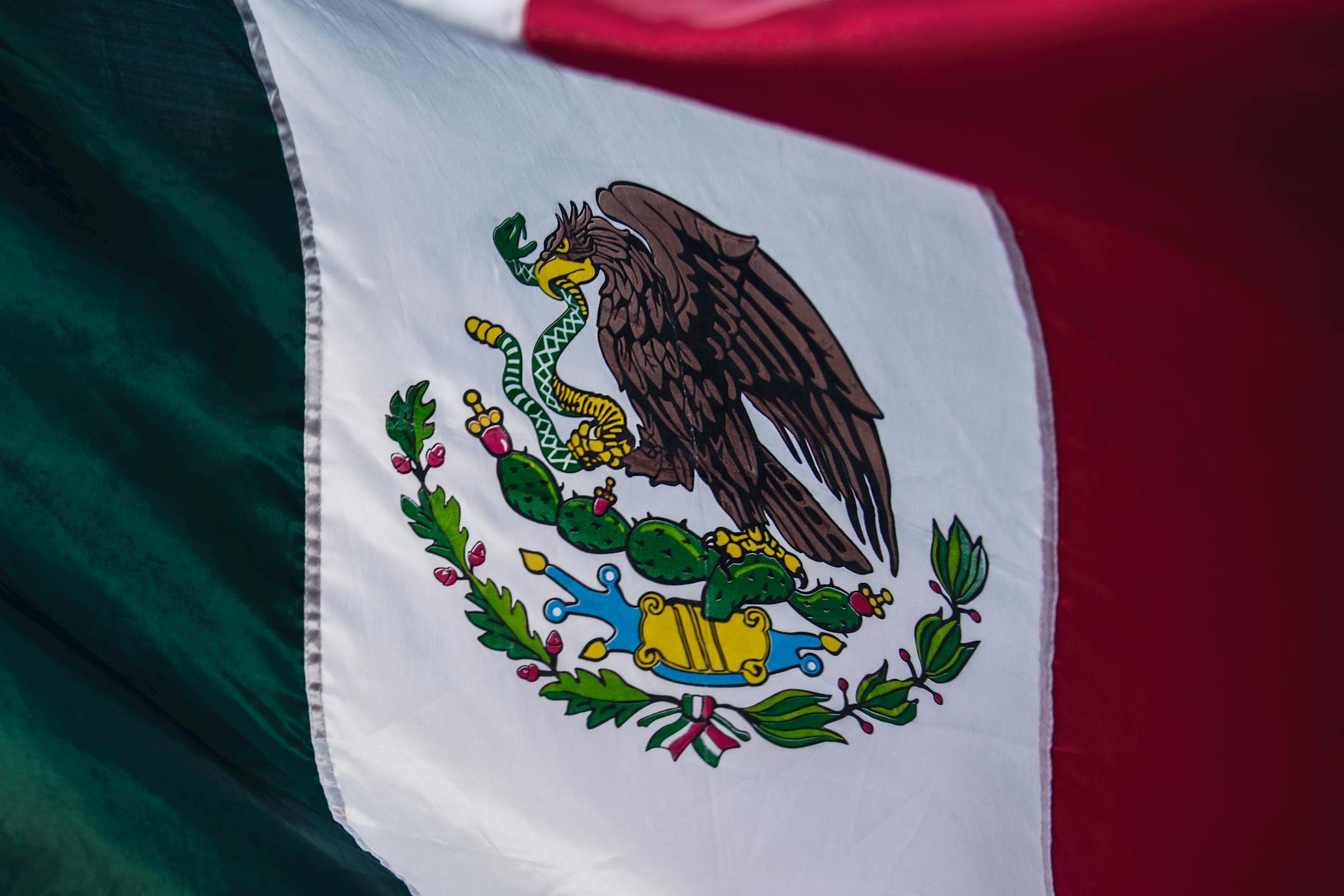Costs, Regulations, and Strategic Advantages of Mexico
As global supply chains recalibrate post-pandemic and U.S. firms seek alternatives to China, Mexico has emerged as a top destination for nearshoring. For investors and entrepreneurs, establishing a company in Mexico to export goods to the United States is not only cost-effective but also strategically sound. Here’s a breakdown of the associated costs, regulatory landscape, and why this move makes economic sense.
1. Costs to Open a Company in Mexico
Setting up a business in Mexico is relatively inexpensive compared to the U.S., especially when factoring in operational expenses like wages, rent, and utilities.
- Incorporation Costs:
Incorporating a Mexican S.A. de C.V. (roughly equivalent to an LLC) can cost between $1,000 and $3,000 USD, depending on legal and notary fees. - Legal Representation & Fiscal Address:
Required for foreign owners. Annual fees for legal/fiscal representation range from $500 to $1,200 USD. - Employee Wages:
Average monthly wages in manufacturing hover around $350–$600 USD, far below U.S. levels. - Facility Rental:
Industrial space costs roughly $4 to $7 USD per m²/month in key regions like Monterrey, Querétaro, or Tijuana. - Operating Costs:
Electricity and water are generally 20–40% cheaper than in the U.S., and Mexico offers tax incentives in special economic zones.
2. Regulations for Export to the USA
Mexico is a member of the USMCA (United States-Mexico-Canada Agreement), which replaced NAFTA in 2020. This agreement offers significant advantages:
- Zero Tariffs:
Most goods manufactured in Mexico can be exported to the U.S. duty-free, provided they meet USMCA rules of origin. - Customs Process:
Companies need to register with Mexico’s SAT (Servicio de Administración Tributaria) and obtain an RFC (Registro Federal de Contribuyentes) number. Additionally, they must be listed on the Padron de Importadores/Exportadores. - IMMEX / Maquiladora Program:
Foreign investors can operate under this program to temporarily import raw materials tax-free, provided the final products are exported. It also allows for 0% VAT on certain transactions. - Certifications & Standards:
Products must comply with U.S. regulatory standards (FDA, EPA, USDA, etc.), depending on the sector. Many regions in Mexico offer compliance assistance hubs or partner with export-focused consultants.
3. Why Mexico Makes Strategic Sense
- Proximity & Logistics:
Goods can reach U.S. markets in less than 48 hours via road or rail, dramatically reducing shipping costs compared to Asia. - Trade Certainty:
The USMCA ensures legal and tariff stability through at least 2036. This creates long-term planning security for exporters. - Labor Advantage:
Mexico’s labor market is skilled, particularly in sectors like automotive, electronics, textiles, and food processing. Engineering talent is plentiful due to top-tier technical universities. - Cultural & Legal Synergies:
Mexico has deep commercial ties with the U.S., and many business service providers are bilingual and U.S.-trained. - Investment Incentives:
The Mexican government offers tax breaks, export credits, and public-private partnerships (PPPs) to encourage export-focused industries, especially in aerospace, renewable energy, and agro-processing.
Conclusion: The Border Advantage
Opening a company in Mexico to provide goods for the U.S. market isn’t just a matter of lower costs—it’s a geopolitical strategy. As global tensions shift and supply chains localize, Mexico offers the closest, most dependable export base for North American investors.
At Invest Offshore, we see rising demand for structured finance, green bonds, and export-led growth strategies across Latin America. Mexico is not just a manufacturer; it’s a gateway to the U.S. consumer market—with lower costs and fewer barriers than ever.
Explore investment opportunities across Mexico’s export corridors. Invest Offshore has teams on the ground ready to assist your entry into this dynamic marketplace.

Leave a Reply